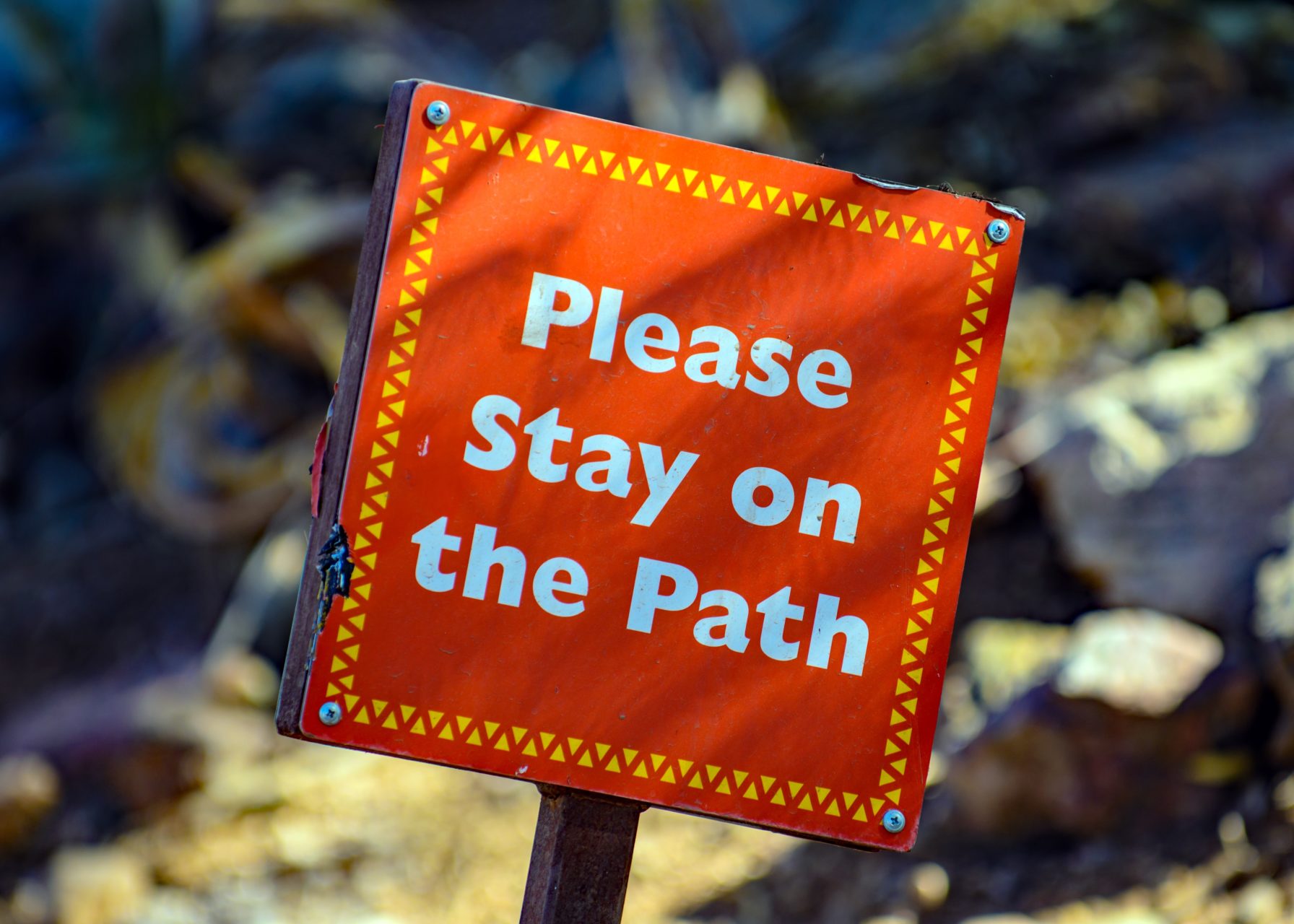
I don’t wanna go to school
I just wanna break the rules
Break The Rules, Charlie XCX, 2014
On a recent family trip to Berlin, I was severely castigated by a young German teacher. Coming to a traffic-free road, I instinctively crossed it with that little fist-pumpy jog reserved by middle-aged men for the purpose of crossing roads. Somewhat pleased with my mild acceleration, I looked up to get the daggers from the teacher on the other side of the road, obediently waiting for the little green Ampelmann with her group of young children.
Shaking her head in disapproval, she loudly announced to the group ‘What a bad example that man is!’ To a chorus of little nods, it made me think about when it’s OK and when it’s not OK to break the rules.
It’s something I’ve been ruminating on this term in the context of the student strikes for the climate. Although I’m confident it was the right decision not to let around 40 students pile out of King’s and up the Wrexham Road back in October, it certainly wasn’t something I relished doing, not least as I have a great deal of sympathy for the cause. Having explained that I couldn’t let them strike without the permission of their parents, I did enjoy the comment of one student; ‘that’s not very rock n’ roll, sir’.
Is it OK for a Headmaster to break the rules? Probably not by way of role-modelling in school, though I am not sure this should apply to every aspect of my life. Surely everyone needs a bit of commensurate slack off-duty. There have been many cases of people in positions of leadership breaking the rules over the years of course, most notably, and topically, our esteemed political leaders.
You might even go one step further and say that leaders occasionally need to break rules as a means to an end to maintain power and/or demonstrate strong leadership. As good old Machiavelli said; ‘princes need to learn to be bad’. Clearly context and magnitude are important here; crossing a road in Germany may be strictly verboten but you could cart-wheel across a road in Naples and hardly be noticed.
It also depends whether the rule-breaking is illegal and whether it causes harm or upset.
Most people would say it’s essential for any school to have lots of rules and I’ve certainly worked with plenty of people who believe that school children can only be ‘controlled’ through continuous and unstinting adherence to long, detailed and explicit lists of rules and regulations. In my experience this doesn’t make for a very creative, happy and open-minded place. At worst it can create Kafkaesque scenarios in which pupils become more obsessed with obeyance than trying to openly and actively develop themselves.
Whilst I agree there is a need for certain rules in schools, not least to ensure fairness and consistency with regard to things like uniform for instance, as well as deterrents for blatantly offensive behaviours, I have never been convinced that we need great lists of rigid rules in order to regulate pupil behaviour. For a start, it’s not as if places like King’s teeter on the brink of turning into the school in Lindsey Anderson’s film If.
It could even be argued, maybe controversially, that children nowadays need to be less subservient and a bit more willing to break rules. Research tells us the children of today are generally better behaved and harder working than previous generations but far less willing to take risks and get things wrong every now and then. Subservience is all well and good, but an inherent fear of any risk taking and/or breaking rules is arguably much worse. At the very least, it’s an important mechanism for learning more about ourselves and developing resilience.
On a more grandiose scale, we know that the history of social and technological progress has been studded with examples of notable rule-breakers that have precipitated paradigmatic shifts in thinking. Think Copernicus, Pankhurst, Einstein and Mandela.
Nevertheless, I still paused in an assembly on ‘values’ last year when I was about to say it’s OK to break the rules every now and then. Let’s face it, it’s not a very headmasterly thing to say to a large roomful of students. What I was trying to say is that if a whole community lives consistently by a common set of strong values – things like respect, tolerance, humility and compassion – there isn’t really much need for specific rules as decent behaviour and personal responsibility become the norm.
Berlin is a fascinating, contradictory and slightly bonkers city when it comes to rules. On the one hand you have the strict adherence expected of a German city, on the other you still have the hedonistic, bohemian and carefree aspects so brilliantly captured in Cabaret. But there’s also the darker legacy of the city, once riven in two by the infamous concrete wall.
A trip to the old Stasi prison in what was East Berlin, now a grey and nondescript building in a leafy and prosperous suburb of the city, brought home the dangers of a society obsessed and strait-jacketed by rules. There we were shown around the grim and sinister precincts of a place where people who were simply suspected of breaking the rules, would be subject to an arcane set of activities and procedures designed to break body and spirit. If ever there was a reminder of the dangers of an over-exuberant reliance on rules and authority, this was it.














